Reasons for Low Milk Supply During Breastfeeding
Jul 03, 2024Bringing a new life into the world is an incredible journey, but it can also come with its fair share of challenges, especially when it comes to breastfeeding. One of the most common concerns new moms face is low milk supply. If you're struggling with this issue, know that you're not alone, and there are ways to address it.
In this blog post, we'll delve into the various reasons that can contribute to low milk supply, empowering you with the knowledge to overcome this hurdle and provide the nourishment your little one needs.
Identify the Root Cause Issue
There are so many reasons a mom can struggle with low milk supply and addressing the root cause reason first is crucial, so that mom is implementing the correct strategy.
Insufficient Breast Stimulation and Milk Removal
Breast milk production is a supply-and-demand process. When your baby effectively removes milk from your breasts, it signals your body to produce more. However, if your baby isn't nursing frequently enough or if there are issues with latch or positioning, it can lead to inadequate breast stimulation and milk removal, ultimately affecting your supply. Also, not changing pump parts frequently enough or using the incorrect flange size can lead to a pumping mom not removing adequate milk.
Hormonal Imbalances or Medical Conditions
Hormones play a crucial role in milk production. Conditions like excessive blood loss after birth (hemorrhage), insufficient glandular tissue, thyroid disorders, polycystic ovary syndrome (PCOS), or certain medications can interfere with the delicate hormonal balance required for optimal milk supply. Focusing on regulating blood sugar and these hormones can help moms protect milk supply in cases of thyroid disorders & PCOS.
Poor Nutrition
Not eating enough calories, dieting or restricting food groups can lead to a decrease in milk supply. In order for your body to maintain a good milk supply, it needs to be adequately nourished. Your calorie and nutrient needs vary based on how many months postpartum you are, how much milk you produce, current weight and how active you are.
Stress & Fatigue
The postpartum period can be incredibly demanding, both physically and emotionally. High levels of stress, coupled with exhaustion and sleep deprivation can take a toll on your milk production. Taking care of yourself, managing stress, and maintaining a balanced diet are essential for supporting your breastfeeding journey.
Improper Latch or Positioning
A proper latch and positioning during feedings are vital for effective milk removal and stimulation. If your baby isn't latching correctly or if the positioning is incorrect, it can lead to insufficient milk removal and, consequently, a decrease in supply.
If you're experiencing a low milk supply, don't panic. Working closely with a lactation consultant can provide you with personalized guidance and strategies to address the underlying cause. Remember, every breastfeeding journey is unique, and with the right support and determination, you can overcome this challenge.
Struggling with a low milk supply? Don't let it derail your breastfeeding journey. Get the entire Breastfeeding Blueprint program for FREE as a bonus when you join us inside of The Postpartum Shift and gain access to expert guidance, meal plans, and strategies to boost your milk production while enjoying your favorite foods and nourishing your body during this crucial postpartum phase.






